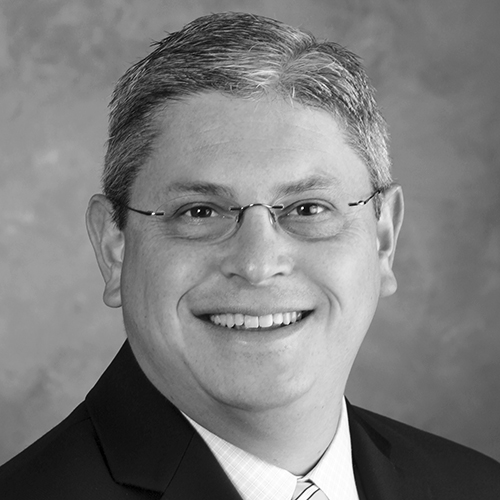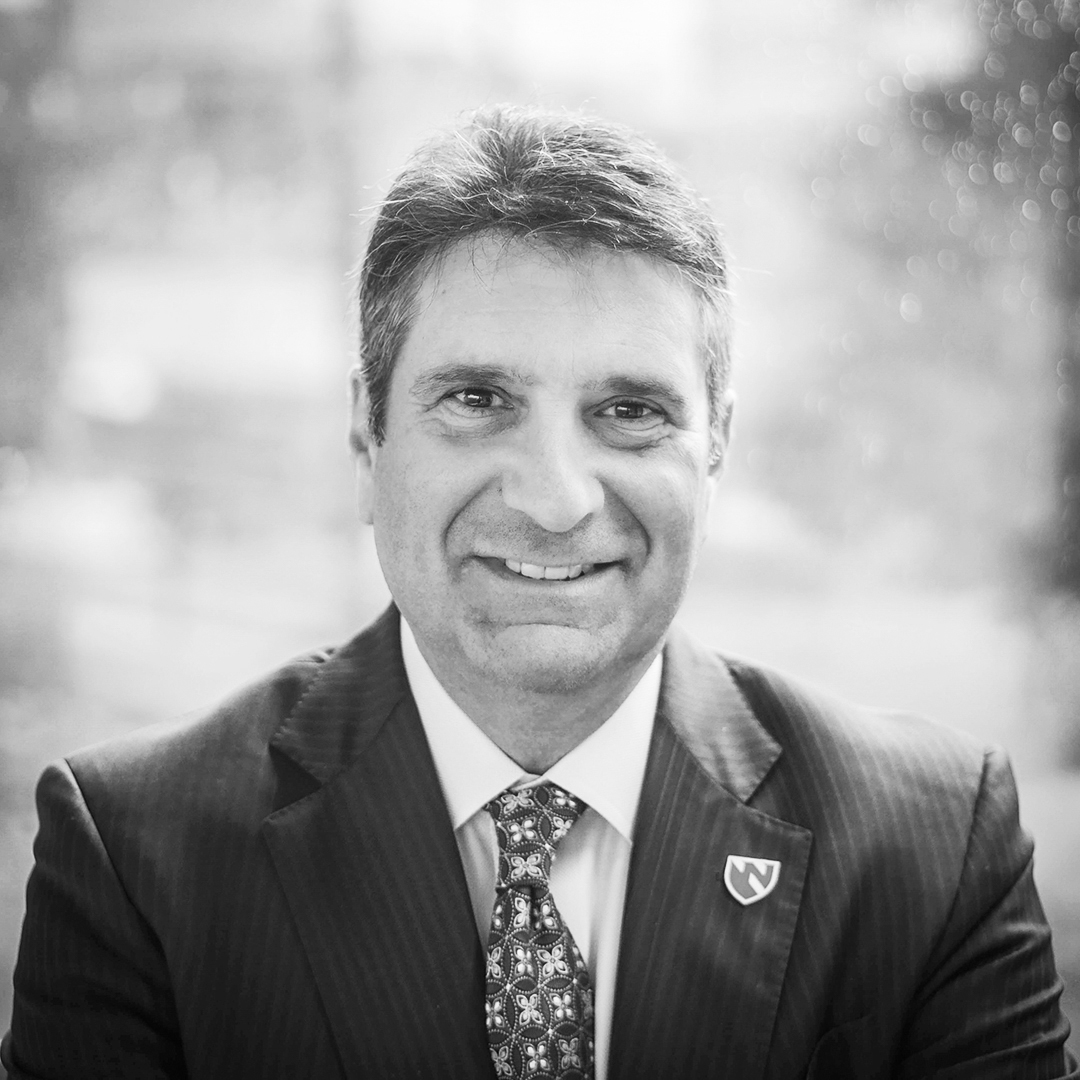Fallon Health has a long history of distinguishing itself in the healthcare marketplace. The nonprofit was founded as a provider-payer partnership in 1977—decades before risk-sharing between providers and health plans became a mainstream practice. Fallon went on to become the first HMO in the country to offer a Medicare plan and the first in Massachusetts to offer a limited network. Fallon was the first—and still the only—health plan in the state that is both a healthcare insurer and provider that operates a Program for All-Inclusive Care for the Elderly.
However, Fallon isn’t just committed to differentiating itself to health insurance consumers; the company has also extended that commitment to its corporate legal team. Mark Mosby, the organization’s chief legal counsel, is also a member of the law firm Epstein Becker & Green (EBG), a national firm specializing in healthcare, labor, and employment law. Despite working as outside counsel, Mosby is fully embedded into Fallon’s operations at its headquarters in Worcester, Massachusetts.

“Being at Fallon every day has enabled me to build relationships with colleagues and to learn the business so that my legal advice and counsel is based on a good understanding of the operational and financial challenges of implementation,” Mosby says.
In addition to avoiding the challenges and expenses of developing and maintaining an in-house legal department, Fallon, as a regional company, also benefits from EBG’s national perspectives, experiences, and resources in addition to Mosby’s own professional experience and insights, he says.
“As the state and federal health care landscape continues to evolve at a rapid pace, we’re fortunate to have Mark available as a resource at our corporate headquarters,” says Richard Burke, president and CEO at Fallon Health. “He is part of the Fallon family, so to speak, and is embedded in our culture and all that we do on a daily basis. We’ve found this support and counsel to be invaluable particularly in an industry that demands agility and responsiveness on very complex and important matters.”
Mosby says that not being a Fallon employee has provided him with a greater degree of freedom while delivering legal advice in certain respects. “Compared to my former positions where I was an employee of an organization and served as in-house counsel, I have more independence now that allows me to be a bit more objective in rendering my opinions,” Mosby says.
Despite coming from an outside firm, Mosby says immediately felt welcomed as part of the company’s executive leadership team. He has been in his role at Fallon for more than three years, where he has been utilizing the more than twenty-five years of knowledge he has from working for nonprofit and for-profit health plans and health services organizations. During that time, Mosby interpreted federal and state healthcare and insurance regulations, oversight and reporting requirements, and—as part of a growing healthcare industry trend—evaluated which elements make some healthcare organization consolidations more successful than others.
At the same time, however, Mosby acknowledges that he had to learn the nuances of Massachusetts’s regulatory and political environment. “The Commonwealth is focused on reining in increasing healthcare costs in the state, and that focus impacts the regulatory and political environment,” he explains. “Since coming here from the Midwest, I had to quickly get up to speed on understanding the primary drivers of healthcare costs in Massachusetts and the measures being taken to help control those costs. Fortunately, I support a client that fully understands the cost drivers and participates in a number of efforts to address them.”
To help reduce these costs and stay ahead of industry trends, Fallon is working on several initiatives to support Massachusetts’s continued transition from volume- to value-based care.
For example, the company collaborates with several major Massachusetts provider organizations and MassHealth, the state’s Medicaid program, to offer a managed care option to MassHealth members. The initiative is part of the state’s reform of MassHealth to include accountable care organizations (ACO), which enable physicians, insurers, and other health care providers to work together to provide integrated care with the goals of improving health outcomes and containing costs. Mosby provides legal support to the ACO program, which strongly incentivizes providers to deliver value-based care, he says.
Mosby points to several factors that need to be considered before organizations adopt Fallon’s approach to its legal department. First, being embedded with clients is key to gaining the requisite understanding of day-to-day operations and business priorities to succeed. Second, the attorney filling the role needs to bring a considerable depth of experience in advising corporations, and they must have the ability to manage and address a broad and complex range of legal issues. They should also be highly responsive and provide excellent judgment and strategic thinking, Mosby says.
“When one lawyer is functioning as the legal department, that lawyer has to find ways to manage the breadth, scope, and volume of legal issues on which an entire department would typically address and marshal all the necessary legal resources to support the client,” Mosby points out. “That single person also has to be able to anticipate and understand the client’s larger set of concerns and issues that extend beyond the narrow legal issue being presented.”


